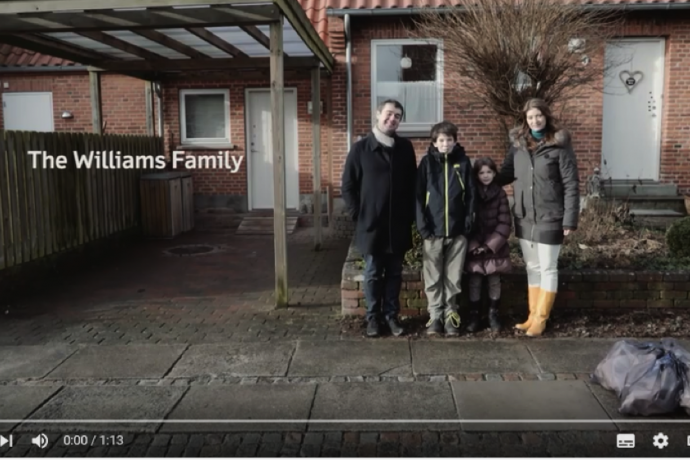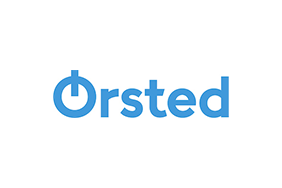New Bioplant Will Bring UK One Step Closer to a Circular Economy
Published 06-02-16
Submitted by Ørsted
 Click to watch the video
Click to watch the videoToday, only half of UK’s household waste is recycled. However, waste contains valuable resources and if recycled, waste can be turned into new products and new energy. When we send waste to recycling instead of landfilling, we curb the extraction of raw materials. This in turn cuts CO2 emissions and benefits the climate.
The Danish energy company, DONG Energy, has developed a technology that through enzyme treatment separates and sorts household waste for recycling. It is called REnescience.
Sorting waste for 110,000 British homes
Household waste consists of many different materials that are impossible to separate manually. For example, a carton of orange juice contains at least five materials: a plastic cap, foil on the inside, paper on the outside and organic pulp leftovers. In a busy everyday life, few people probably have the time or the skills to separate the carton’s materials at home.
REnescience separates household waste efficiently without the help from consumers so people can spend their time on something else than waste. DONG Energy is now building the first full-scale plant near Manchester in the UK. The plant will treat waste from around 110,000 British households, clearing the way for more recycling in the community.
Resources returned to circulation
The REnescience technology separates waste through a process somewhat similar to when you wash your clothes in a washing machine. The unsorted household waste is mixed with water and enzymes. After some hours of slow spinning, the waste is separated into two different fractions. Food waste and the like make up a biological fraction, and plastic, foil, etc. form a non-biological fraction.
Now, the biological fraction can be turned into biogas that is used for green energy. The non-biological material can be recycled into new products or used for incineration to generate new energy. In this way, REnescience offers a method to send resources back in circulation, boosting a circular approach to resources.
A young technology with global ambitions
DONG Energy has developed and tested the REnescience technology since 2009 at a demonstration plant in Copenhagen. The company expects that the new REnescience full-scale plant in the UK is ready to treat British consumers’ household waste in 2017.
Meanwhile, DONG Energy is testing the prospects for exporting the technology to Asia. Recently, the company sent a mobile test plant to Malaysia. The plant will test local household waste to evaluate the prospects of building a full-scale plant like the one in the UK. The hope is to introduce the REnescience technology to other Asian markets where large polluting landfills can be turned into valuable resources.
How the REnescience technology can boost recycling Take an empty carton of orange juice for example. It contains paper on the outside, foil on the inside, orange pulp leftovers and maybe a plastic screw cap. The usual way of sorting waste … When you sort this carton for recycling at home, the best you can do is to screw off the plastic cap for recycling, and make sure to empty it as much as possible. However, some orange pulp leftovers will go to waste, and the paper and the foil cannot be separated. The REnescience way of sorting waste … In contrast, at a REnescience plant, enzymes separate the waste efficiently, so the materials can be recycled. The orange pulp leftovers and the paper can become biogas, the plastic can be used for the production of new plastic goods, and the foil can be burned in a waste incinerator generating new energy. |

Ørsted
Ørsted
The Ørsted vision is a world that runs entirely on green energy. Ørsted develops, constructs and operates offshore and onshore wind farms, solar farms, energy storage facilities, and bioenergy plants, and provides energy products to its customers. Ørsted ranks #1 in Corporate Knights' 2020 index of the Global 100 most sustainable corporations in the world and is recognised on the CDP Climate Change A List as a global leader on climate action. Headquartered in Denmark, Ørsted employs 6,600 people. Ørsted's shares are listed on Nasdaq Copenhagen (Orsted). In 2019, the group's revenue was DKK 67.8 billion (EUR 9.1 billion).
More from Ørsted

